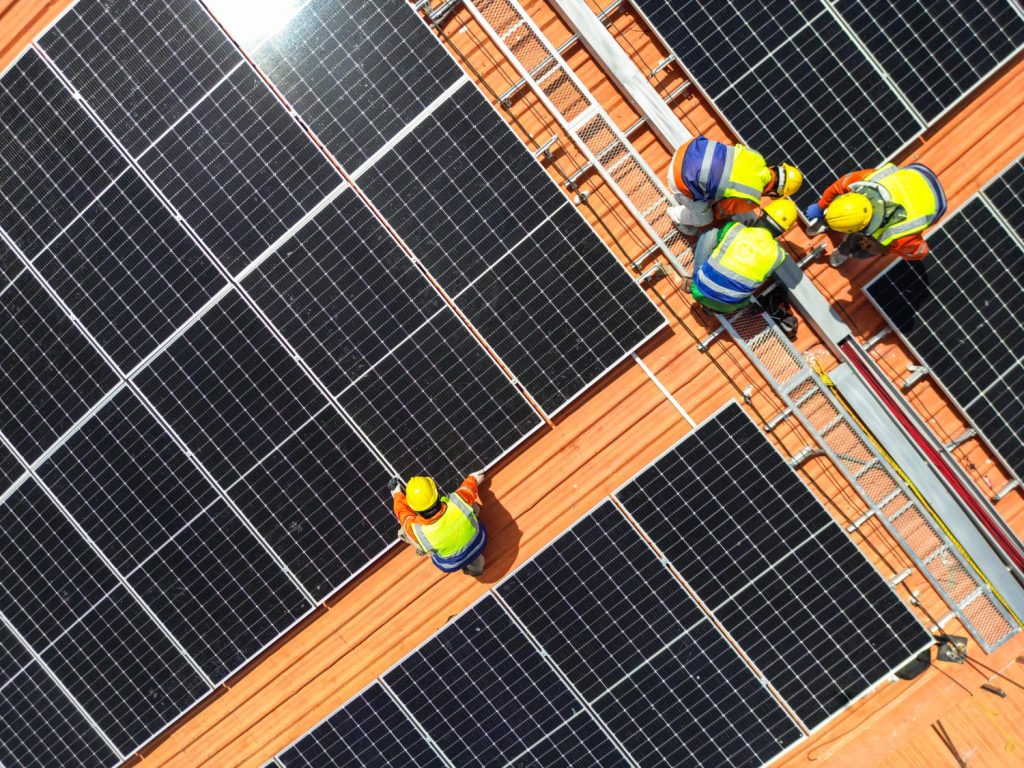Transitioning to solar energy is an excellent way to reduce your carbon footprint and save on electricity bills. However, the initial investment can be substantial. This blog will guide you through various options available to finance solar panel installation, ensuring you can find the best solution for your needs. We will also highlight key considerations such as choosing the best solar panels for home in India, understanding the solar panel price in India for home use, and leveraging resources like the solar rooftop portal.
Understanding the Costs
Before diving into financing options, it’s crucial to understand the components that contribute to the overall cost of a solar panel system:
- Solar Panels: The primary component, where prices can vary significantly based on efficiency and brand. Always aim to get the best price solar panels without compromising on quality.
- Inverter: Converts the solar energy captured by the panels into usable electricity.
- Battery Storage: Optional, but beneficial for storing excess energy for use during non-sunny periods.
- Installation: Labor costs for setting up the system.
- Maintenance: Periodic upkeep to ensure the system functions optimally.
Solar Panel Price in India for Home Use
The solar panel price in India for home use can range from ₹45,000 to ₹75,000 per kW, depending on the type and brand. It’s essential to get quotes from multiple solar panel distributors in India to compare and find the most competitive pricing.
Financing Options
1. Personal Savings
Using personal savings to finance your solar panel installation is straightforward and avoids any interest payments. However, this requires having sufficient funds available, which might not be feasible for everyone.
2. Home Equity Loans
Home equity loans allow you to borrow against the equity in your home. These loans typically have lower interest rates compared to other types of loans and can provide a substantial amount of money for larger installations.
Pros:
- Lower interest rates.
- Potentially larger loan amounts.
Cons:
- Your home is used as collateral.
- Longer approval process.
3. Solar Loans
Many financial institutions offer loans specifically for solar installations. These loans can cover the entire cost of the system, including installation and maintenance.
Pros:
- Specifically designed for solar projects.
- Can cover full installation costs.
Cons:
- Interest rates may be higher than home equity loans.
4. Solar Leases and Power Purchase Agreements (PPAs)
With a solar lease or PPA, a third party owns the solar panel system, and you pay them a fixed monthly fee or for the electricity generated by the system. This option requires little to no upfront cost.
Pros:
- No upfront costs.
- Maintenance is typically included.
Cons:
- You do not own the system.
- Savings might be lower compared to owning the system.
5. Government Subsidies and Incentives
The Indian government offers various incentives and subsidies to encourage solar adoption. Utilizing the solar rooftop portal, you can apply for these incentives, which can significantly reduce the overall cost of your installation.
Pros:
- Reduces upfront costs.
- Promotes sustainable energy use.
Cons:
- Application processes can be complex.
- Availability varies by region.
6. EMI Options
Many solar panel distributors in India offer equated monthly installment (EMI) options, allowing you to spread the cost over a period. This is particularly useful if you prefer smaller, manageable payments.
Pros:
- No need for a large upfront payment.
- Manageable monthly payments.
Cons:
- Interest rates might apply.
- Total cost might be higher than a one-time payment.
Choosing the Best Solar Panels for Home in India
To maximize your investment, it’s essential to choose the best solar panels for home in India. Consider the following factors:
- Efficiency: Higher efficiency panels generate more electricity and are ideal for limited space.
- Durability: Look for panels with long warranties and proven durability.
- Brand Reputation: Opt for reputable brands known for quality and reliability.
Leveraging the Solar Rooftop Portal
The solar rooftop portal is a government initiative that provides a centralized platform for information, applications for subsidies, and other resources related to solar installations. Utilizing this portal can streamline the process and ensure you benefit from all available incentives.
Steps to Use the Solar Rooftop Portal:
- Registration: Create an account and provide necessary details.
- Application: Apply for subsidies and incentives available in your region.
- Support: Access resources and support for installation and maintenance.
Conclusion
Financing your solar panel installation requires careful consideration of various options. By understanding the solar panel price in India for home use and exploring different financing methods, you can make an informed decision that suits your financial situation. Whether through personal savings, loans, leases, or government incentives, there are multiple pathways to achieving sustainable energy independence. Don’t forget to consult the solar rooftop portal for additional support and to ensure you are getting the best price solar panels from reputable solar panel distributors in India. Investing in solar energy not only benefits you financially but also contributes to a greener and more sustainable future.





